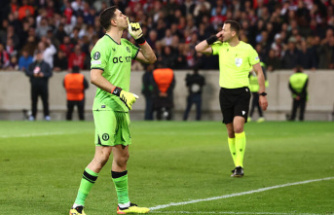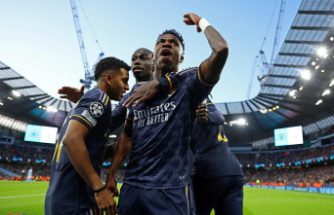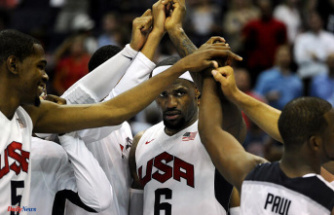Bayern captain Manuel Neuer is injured while ski touring. But is a professional soccer player allowed to do any other sport in his free time? Two sports lawyers argue that the national goalkeeper is also a "normal employee".
A professional athlete does not have to fear legal consequences from his club if he injures himself in an activity that is not directly related to his profession. This is the opinion of the sports lawyers Christoph Schickhardt and Hanns-Uwe Richter. "The supreme principle in the case law is: An employer has nothing to do with what an employee does on vacation," said Schickhardt.
The sports lawyer further explained that there had previously been clauses on leisure behavior in the contracts of professional athletes. But they were often ineffective. Therefore, the model license agreement that the German Football League (DFL) publishes annually does not contain any provisions of this kind. "The decisive factor is whether the employee has violated an obligation and thus violated a clause. Such a clause can prohibit the employee from to practice dangerous sports. But if he has violated this clause, he can be sanctioned with a warning or - in the worst case - with a dismissal, "said Richter.
Nothing is known about this contract detail for the freshly operated national soccer goalkeeper Manuel Neuer. The 36-year-old broke his lower leg on a ski tour. Even as a highly paid professional athlete, Neuer is a "completely normal employee like everyone else," said Schickhardt.
The lawyer believes that Neuer's club, FC Bayern Munich, only does not have to continue to pay wages if Neuer, as an employee, is responsible for the inability to work. Richter also said: “The employer is legally obliged to continue to pay the money for six weeks in the event of illness if the employee is ill through no fault of his own belong. This can probably not be assumed." According to Schickhardt, risky sports include apnea diving and parachuting.












